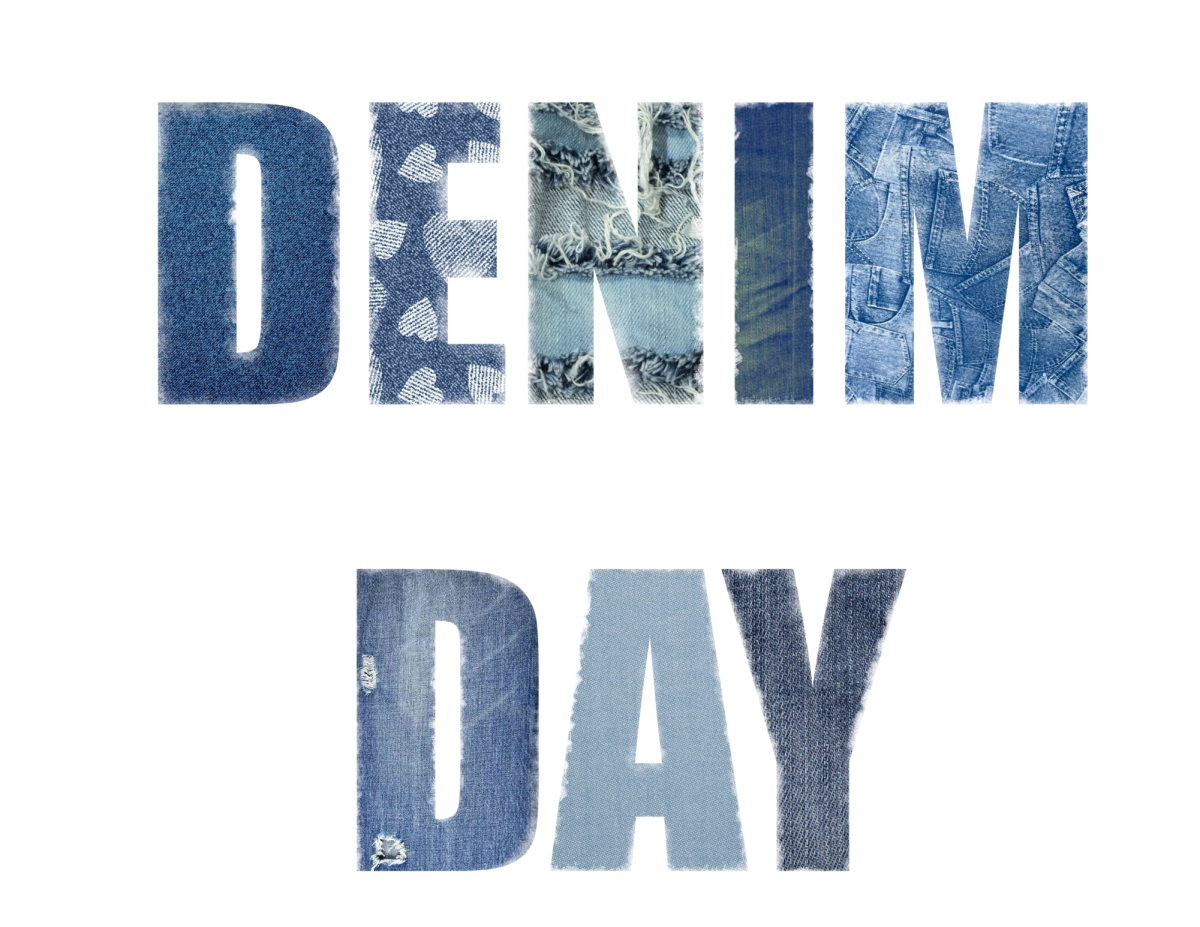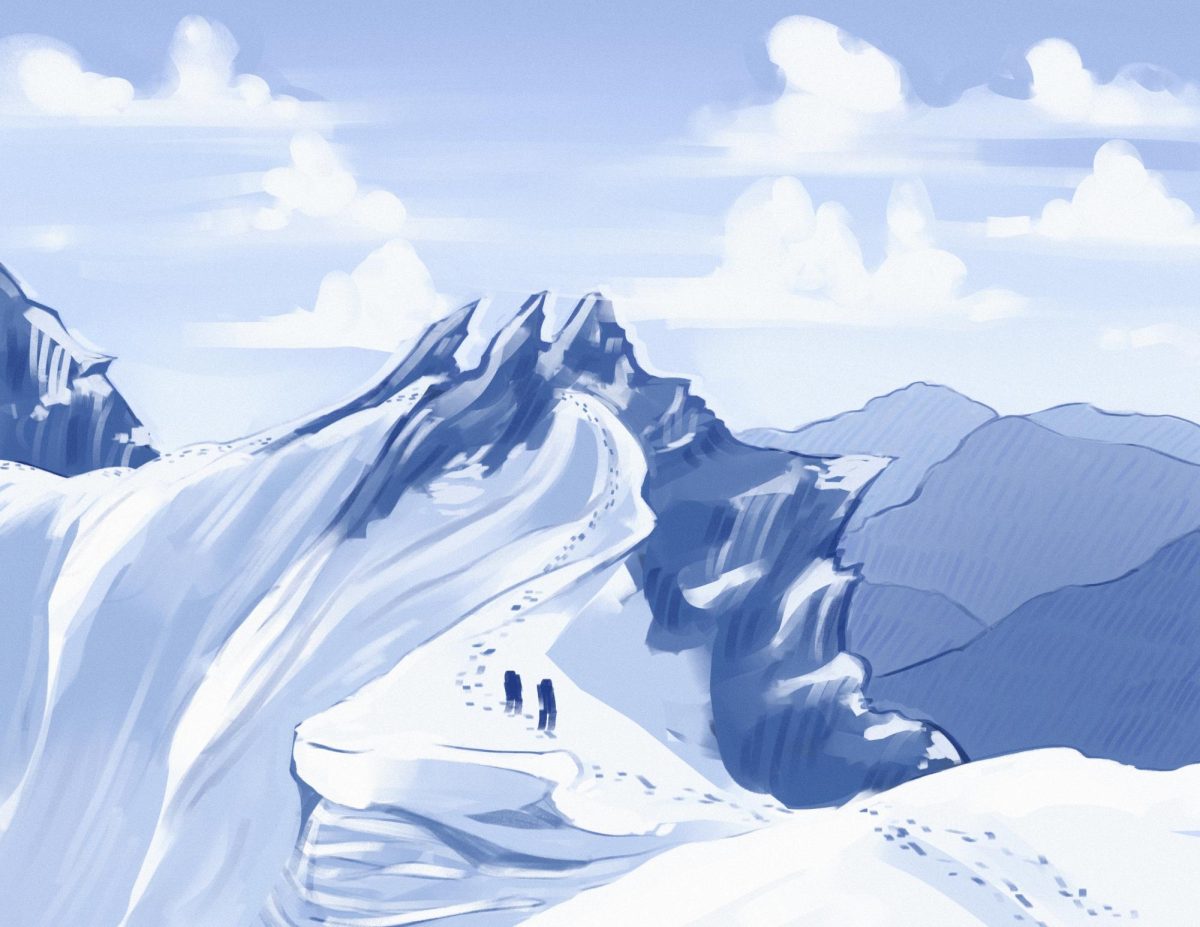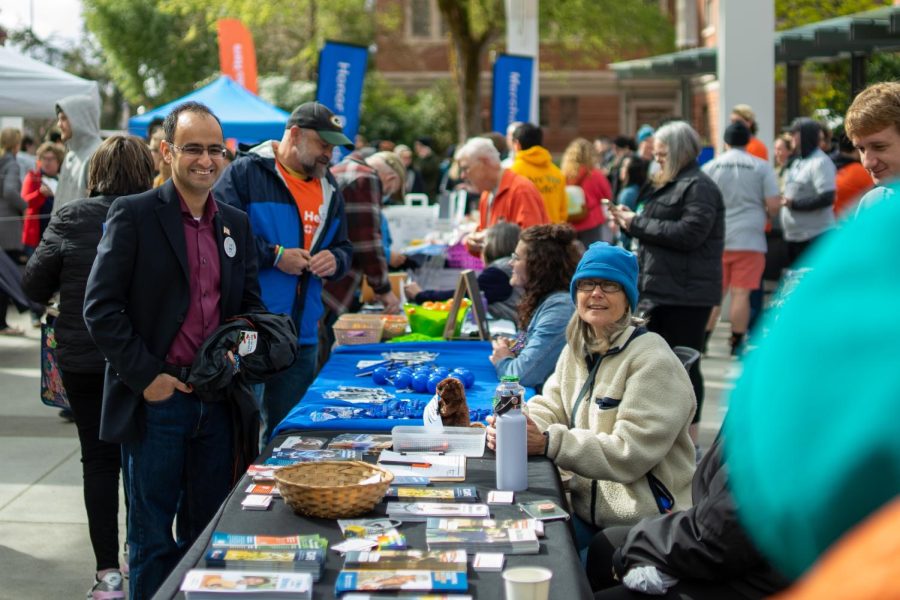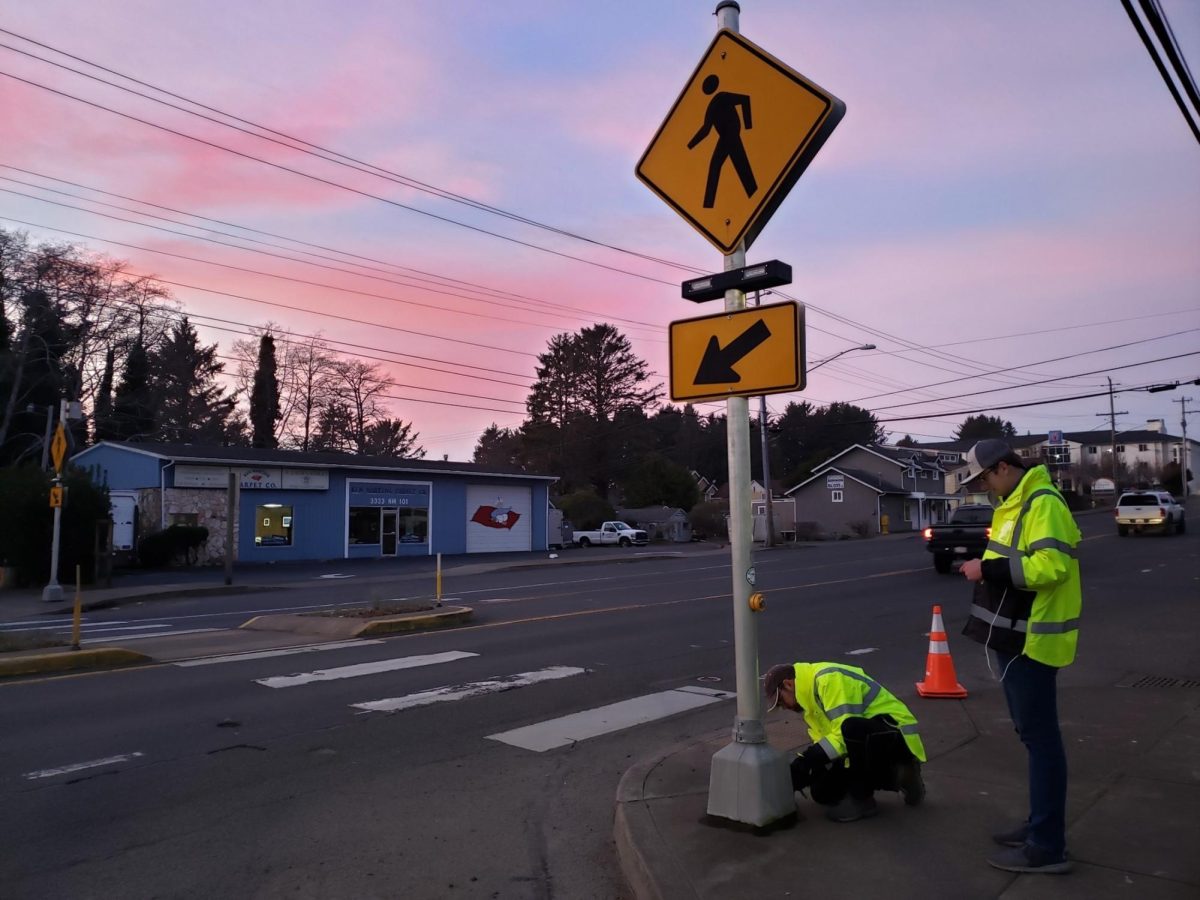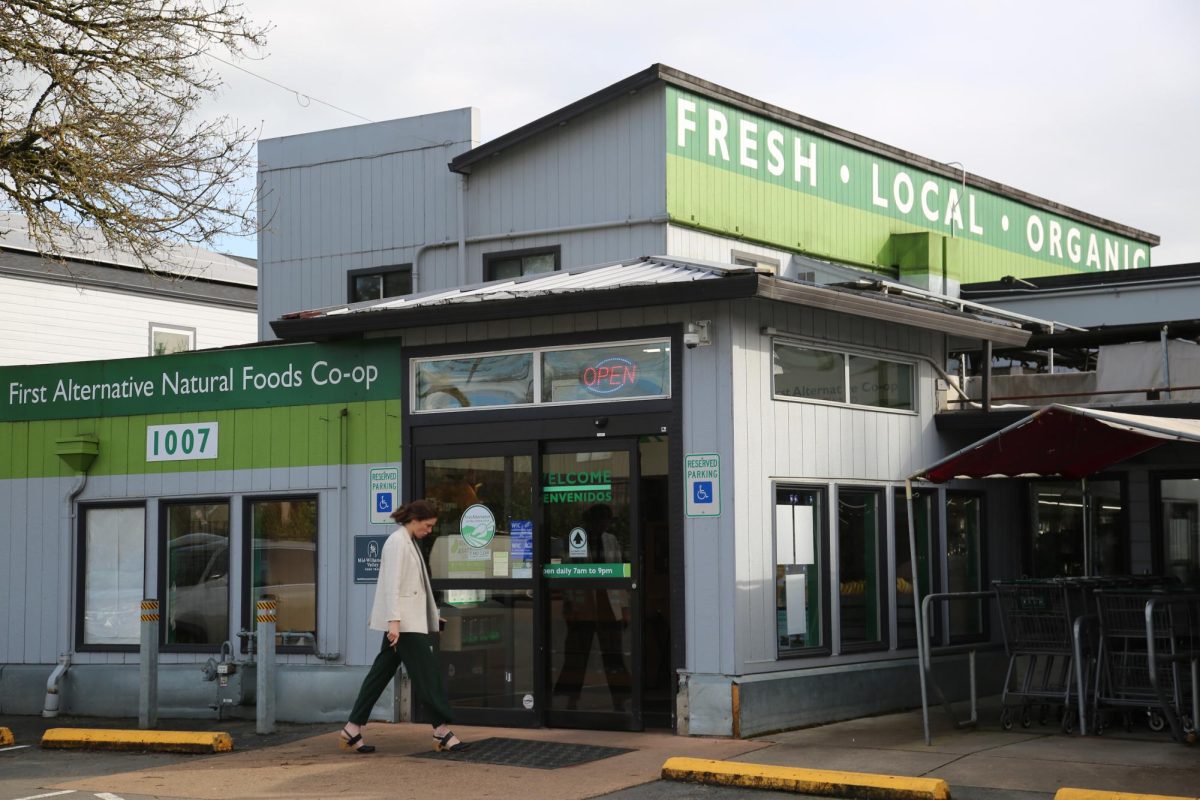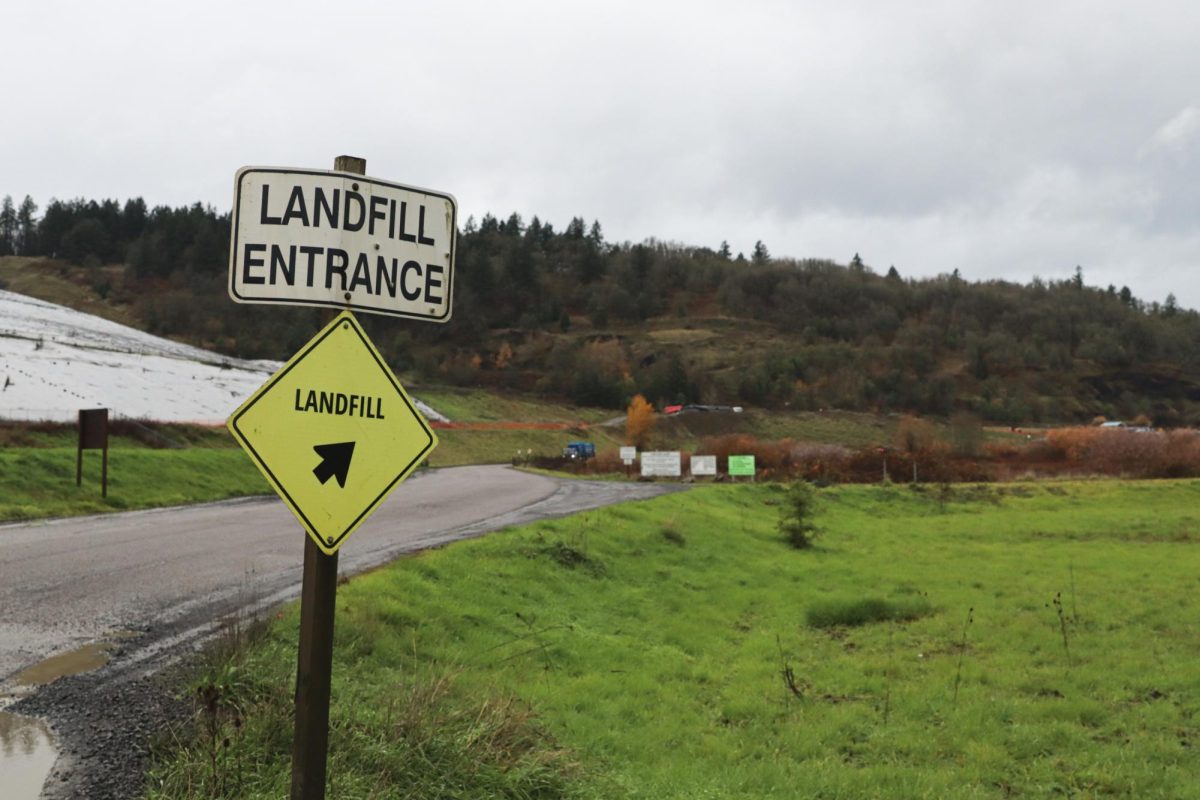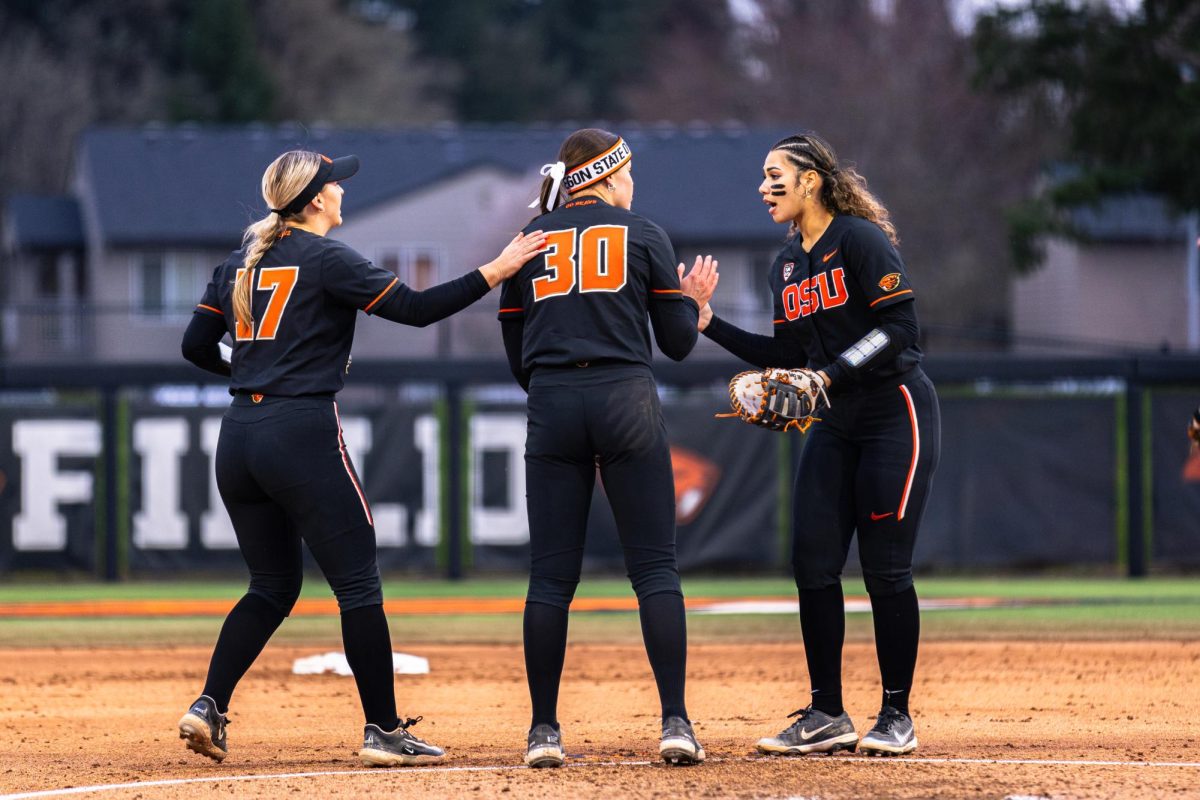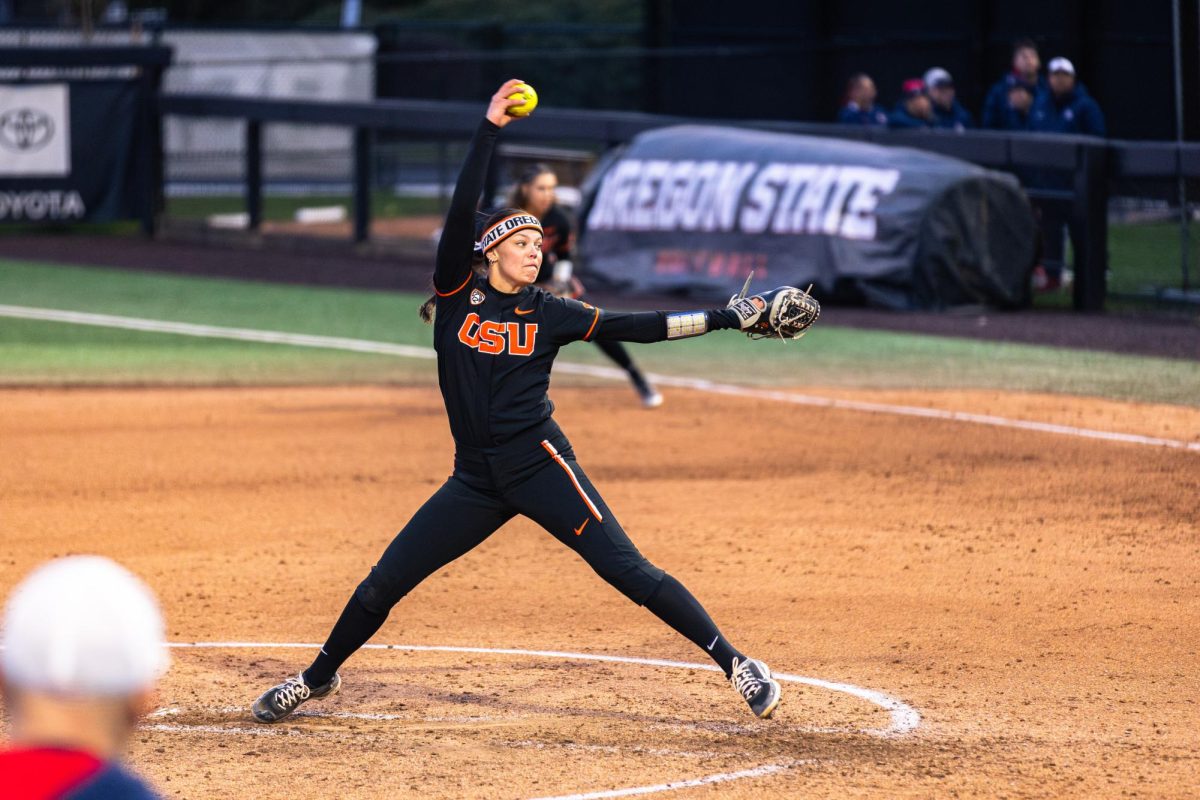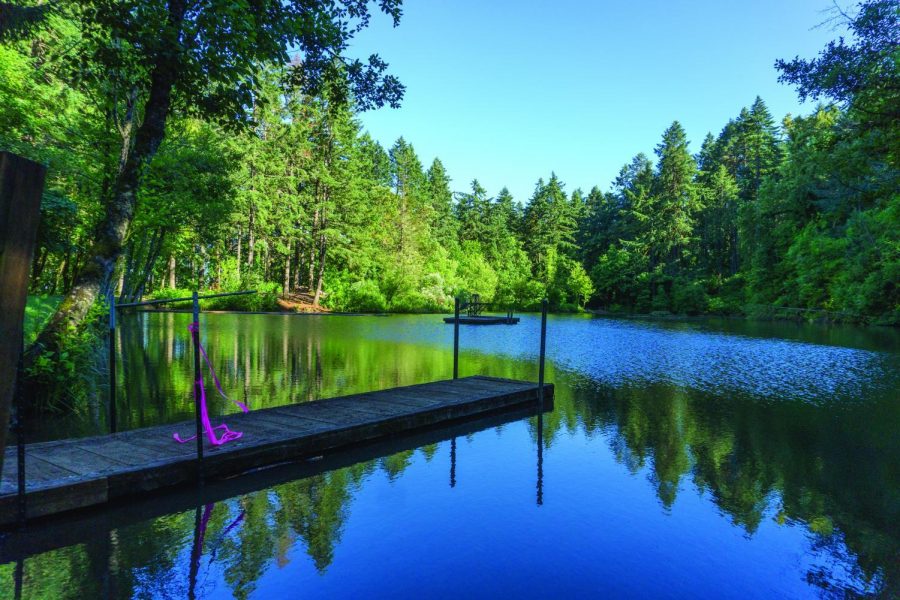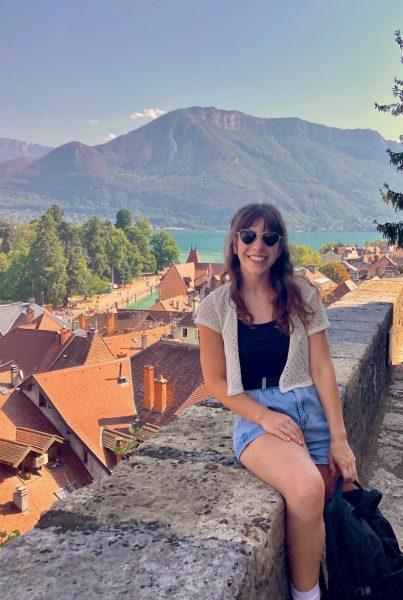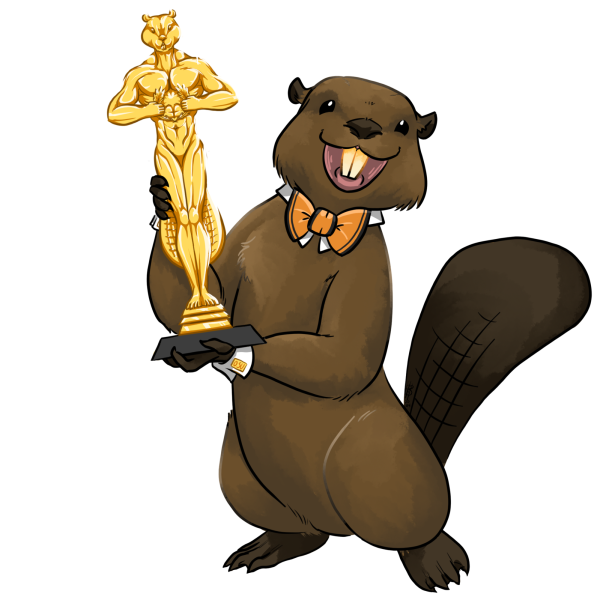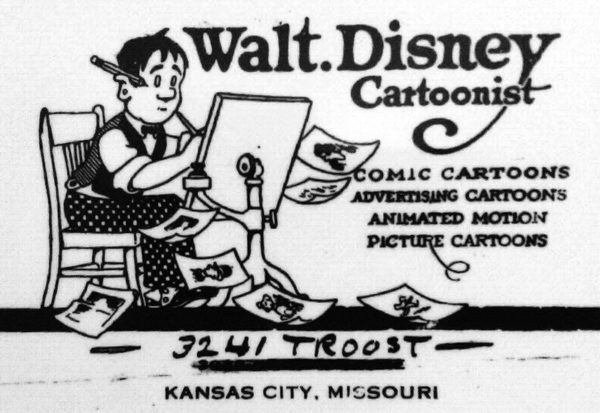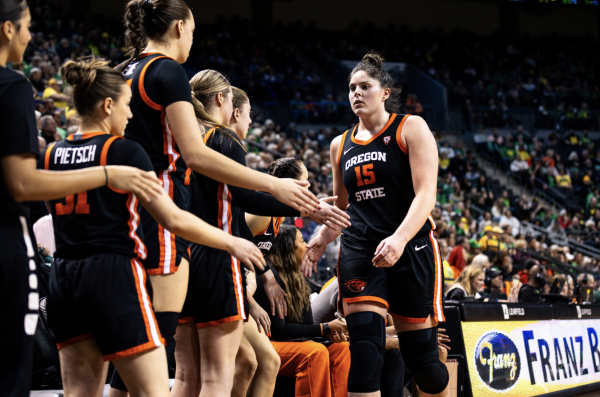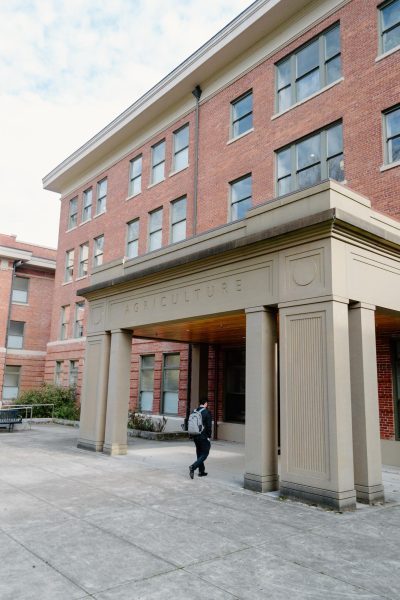Johnson: The problem with losing our connection to the natural world
November 4, 2019
The hustle and bustle of today’s world is displacing us more than ever from the natural world, which could be problematic to the way we understand how we impact the planet.
Familiar names such as Charles Darwin, John Muir and Rachel Carson come to mind whenever we recall influential naturalists. From their teachings, we’ve learned about the undeniable interconnectedness of nature. But the over-stimulating, mentally demanding and product-driven society that we continue to develop is further removing ourselves from that interconnected web.
By improving our relationship to the natural world, we can develop the skills to care for our local environment in a restorative and productive way, and preserve the crucial link between humans and nature.
Naturalists and their work is vitally important, as they impart valuable knowledge to the general public that is becoming lost as time moves forward.
Natural history, the field that naturalists base themselves in, is a branch of science that includes close observation of organisms and their relations to the environments they are found in. Natural history is important for other branches of scientific studies because they often rely on the data and specimens collected by naturalists.
This data helps fight infectious diseases that cycle through different species, to manage ecosystems and natural resources and to conserve local flora and fauna. Direct knowledge of these organisms is vital to both science and humankind.
Don Boucher, co-director of the Neighborhood Naturalist program in Corvallis works to promote public interest in local natural environments.
“Knowing more about nature, and understanding biology and science in general, makes my life and my place in nature feel real and palpable,” Boucher said. “People are a product of nature and our ability to connect with it is instinctual.”
Boucher encourages the idea that connecting with nature is more than just a regular hobby.
“I’m constantly reminded that the human world is a tiny subset of nature,” Boucher said. “Many nature-lovers are unaware of how diverse and fascinating nature is on a local scale.”
There’s a reason why people retreat to nature to find solace, relaxation and inspiration. It acts as a balm that soothes the busied, frantic mind and reminds us how intricately tied we are to the planet.
“In my experience, learning about nature and cultivating curiosity improves my mood and always gives me something to get excited about,” Boucher said. “Being a naturalist doesn’t solve all my problems, but it can ease just about any adversity in my life, and nature is always there as a diversion if I need one.”
A recent study from the U.S. National Library of Medicine provides evidence as to how prescribing greenspace exposure as a form of therapy can help reduce the effects of common health issues such as stress, high blood pressure and cardiovascular disease.
This significant disconnect between humanity and the natural world is believed to be one of the root causes of our failure for acting sooner in the wake of the climate crisis. As we become more technologically dependent and distanced from the natural sphere, we no longer notice the subtle changes and losses caused by climate change as easily.
Rachel Werling, Land Steward coordinator of Oregon State University, also recognizes the problems with severing the personal ties between humankind and nature.
“Humans recently passed the 50% mark of being an urban species globally,” Werling said. “[It is estimated that] 82% of Americans live in urban areas now.”
The importance of having access to greenspace, even in urban environments, can help foster a better sense of appreciation of the natural world that we inhabit. Restricting our access to preserved outdoor spaces can seriously hinder our ability to connect with the natural world.
“It is only a handful of hundreds of generations since every member of our species was finely attuned to the world around them, knew the plants and animals, their habits and potentials, knew the patterns of weather and how to move through their landscape,” Werling said. “Sitting behind a computer for eight hours a day is very far from the place we evolved.”
Adopting a naturalist lifestyle allows us the opportunity to rekindle that diminishing connection. We can discover hidden treasures, be able to identify various organisms that we continue to depend on and be able to recognize our integral part of the natural cycles that dominate our world.
Werling uses the example of the daily ritual of drinking coffee as an example of this disconnect. As we drink our coffee, we rarely think of the connection between the destruction of the rainforests to plant the coffee beans, and the consequences of habitat destruction as a result. Developing our local-scale awareness of the natural world can improve our global-scale awareness as well.
Buying food locally, including our coffee beans, can help reduce our impact on the rainforests and also fosters a relationship with local farmers and the overarching community as well. A good start would be to try shopping more often at places like the First Alternative Co-op and the Corvallis Farmers’ Market. Being aware of the chain of consequences that our everyday actions and habits can cause is key.
“Maybe it can be an antidote to the kind of science-denial that is standing in the way of implementing solutions to the challenges we are [currently] facing,” Werling said.
OSU offers the Oregon Master Naturalist extension program, which focuses on sustainability, natural resource management and improving one’s connection with local ecosystems. While committing to a naturalist program would be most beneficial, Werling mentions the importance of recognizing that everyone is capable of being a naturalist.
“It is literally ‘in our nature,’” Werling said. “We forget that we are a creature whose senses evolved in a completely natural world. There are needs of that animal that are [only] fed by being outdoors.”

